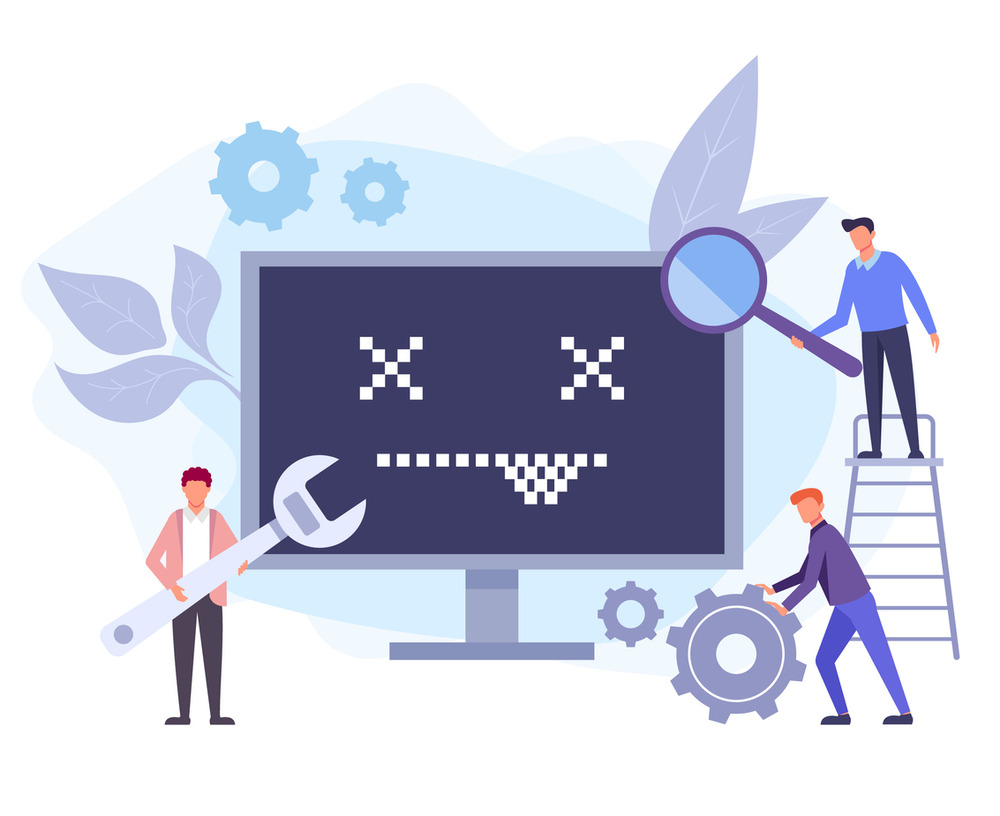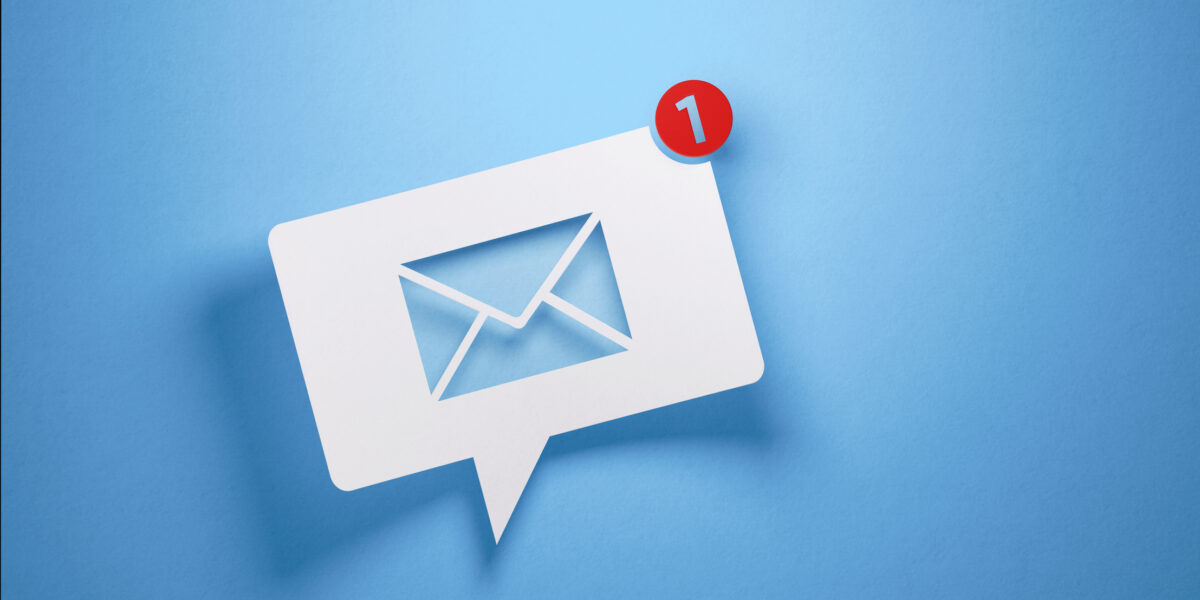There are many factors that can contribute to a slow computer. One of the most common is simply having too many programs and files installed on the machine. Over time, as more and more programs are installed and used, the computer can start to bog down and become slower. Additionally, if there is a lot of fragmentation in the hard drive, this can also lead to a slower computer.
Another factor that can contribute to a slow computer is having a lot of start-up programs. These are programs that automatically start when the computer is turned on, and they can use up valuable resources that could be used for other tasks. If you suspect that one of these factors is causing your computer to run slowly, there are a few things you can do to try to speed it up. Try uninstalling any programs you don’t use anymore, defragmenting your hard drive, and disabling start-up programs. Additionally, make sure you aren’t running too many programs at once and that your computer has enough memory to handle everything you’re asking it to do.
Update Programs
The more programs you have the worse off your computer will be. Whether they were already on when or if someone else installed them after purchase doesn’t matter; either way, there are too many of these unnecessary files taking up hard drive space and using up memory resources! Sometimes you might need to install an updated program because it improves on the previous one (such as DirectX 9 and Media Player 10) which improve graphics respectively. On the other hand, installing a new version can be risky especially if your computer does not have enough storage space or power for them all at once, in this case, try downloading smaller pieces until they are installed safely!
Defragment Your Hard Drive
When you free up space on your hard drive, it doesn’t go into a big pot of free space, it remains where the deleted data was filed as a fragment. After a while, your hard drive fills up and starts to use up the little free fragments – creating your document or file from a number of locations on the disc. This takes more time for your computer to do.
Defragmenting – or defragging – your hard drive organizes the disorganized bits of data on your hard drive into easily accessible and ordered blocks. If your PC has slowed down over time, defragmenting can help speed it up. In particular, programs that have large file sizes (video editors, games, etc) will cause your hard drive to fragment and defragmenting will improve their performance.
Upgrade Your Hardware
If your computer is still slow, it may be time to upgrade your hardware. Adding more RAM can help speed up your computer, and replacing an old hard drive with a solid-state drive will make a big difference in how quickly your computer starts up and how fast it runs. If you’re not comfortable upgrading your own hardware, you can always take your computer to a professional to have them do it for you.
Go to the Experts
Your computer is a living, breathing entity. It’s not uncommon for people to let their machines collect dust and become over-clogged with programs they never use again after installation or purchase. Programs can slow down your machine over time if you don’t take the initiative in uninstalling them when needed! Consider having an expert tidy things up once every few months so that these slowdown effects don’t accumulate too much momentum before being noticed by others using shared resources such as printers on office networks
In order words: Investing just 10-15 minutes per week may help save money spent on repairing costly repairs later. Learn more ways CCSI can help slow down your computer speeds.




